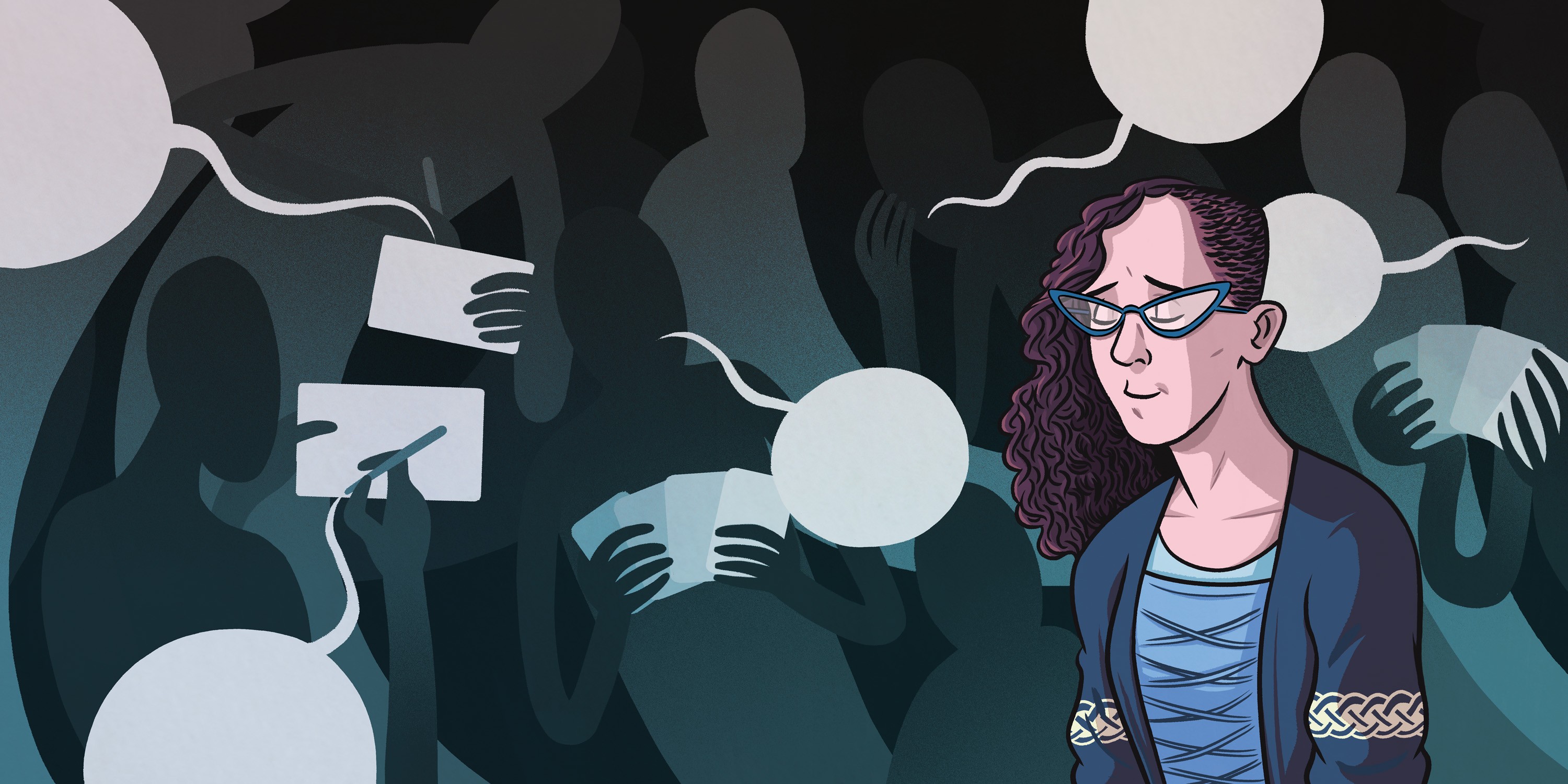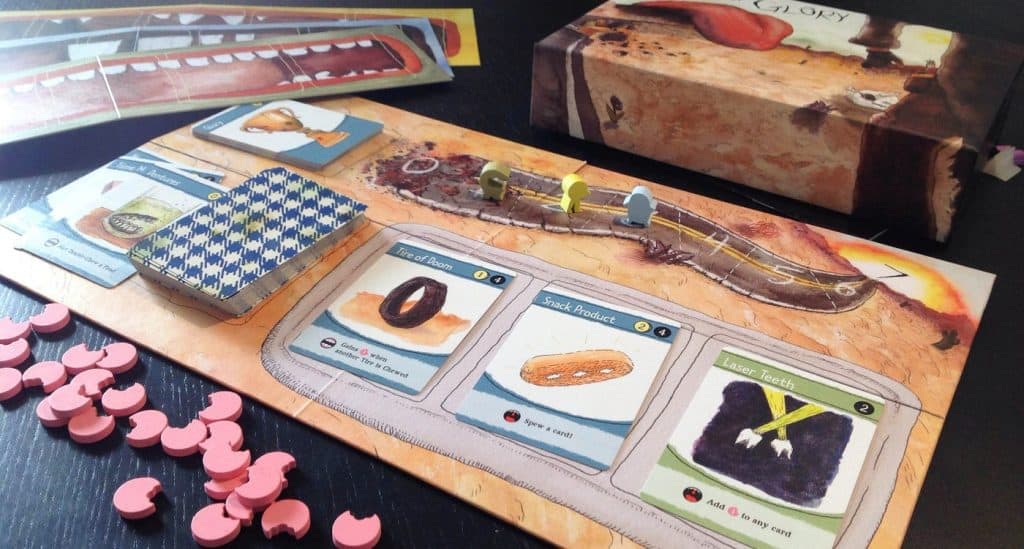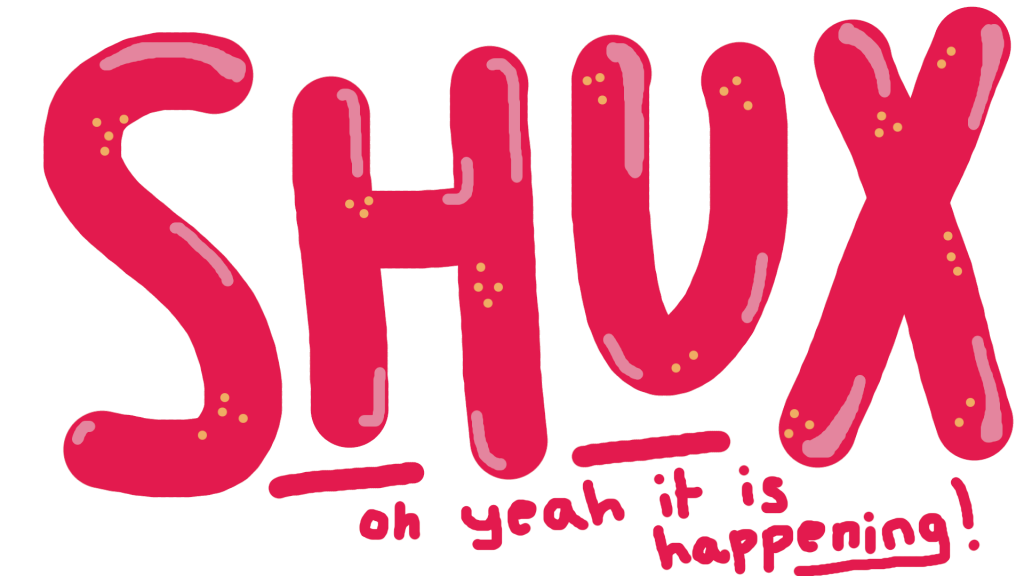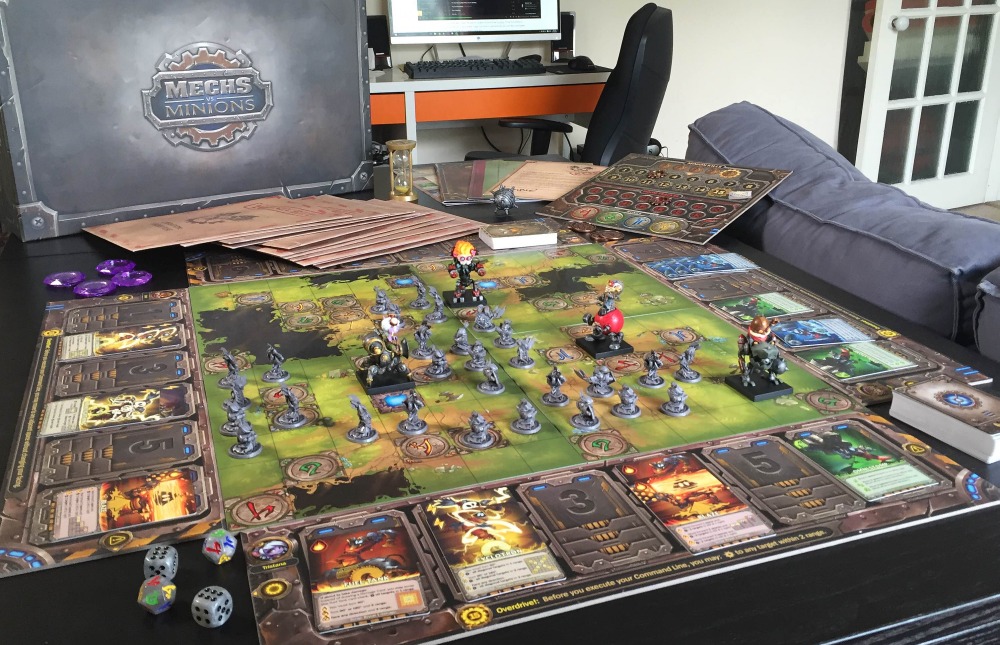[Every two weeks, Tactics & Tactility explores the culture and magic of tabletop. To read more, check out the series’ archives or Ava’s original Tactics & Tactility blog.]
Ava: Some games begin with a ritual. An incantation of instructions that call forth the playing field.
Some games have an exchange of secrets. Something hidden. Choices to be made, information shared, and not with everyone, not by everyone.
When this happens, we do something incredibly simple, incredibly mundane. It’s an unusual enough social ritual that it brings magic, uncertainty, dread and wonder.
Sometimes, when we play games, we close our eyes.
I’m playing Just One, at the local pub, and it’s my turn to be led towards a particular clue with the help of the other players. I pull a card, call out a number, and wait while everyone thinks and scribbles. When everyone’s ready, I close my eyes…
Plunged into darkness of your own free will, your senses come alive a little and you take a mental step back. You think about how odd you must look, eyes closed, surrounded by a cluster of folks showing tiny whiteboards to each other and nodding approvingly, or grunting with dismay. You think about how you look, and you hear everything. Each person’s reaction is a glimmer of hope or worry about what you’re going to face when you open your eyes.
I open my eyes and see some words written before me, and a couple of blank slates. I make a guess, and we all grin at our cleverness.
Board games are full of strange rituals like this. Gestures and actions and movements that look different from the outside to how they feel. Moments imbued with weight and importance. Closing your eyes is an act of vulnerability, an act of trust. So is playing a boardgame.
A friend of mine tells me that whenever he’s at a gig and he finds himself thinking about the people around him, or his plans for tomorrow, or his aching shoulders, or whatever mundane distraction is tugging at that moment. He shuts his eyes and listens. He tries to put the music back in command of the moment. There’s something powerful in closing your eyes.
The most common closed eye moment in games is the beginning of a social deduction game, like Werewolf or The Resistance. The long chant from one player as they bid certain roles to open their eyes, look for their friends, indicate arcane powers with thumbs and fingers, and close their eyes.
It’s often full of giggles. A whole table full of people with closed eyes is an unlikely thing. The sound of one voice giving very particular, quite theatrical instructions is inherently giggle-worthy.
But it’s also the intensity of the moment, the weird, powerful hum of doing something strange. At its simplest, you are sitting with people, and then shutting them out. You are losing a sense temporarily, voluntarily. You shut out the world to make something particular happen.
It’s magic. It’s darkness. It’s vulnerability. It’s strangeness.
Wrapped in that darkness, you cast the spell that makes the game happen. Hear the words that empower or disempower you. There are secrets in the dark, it’s nerve wracking and confusing, and all part of the fun.
And when you open your eyes, you smile, relieved, and wonder who amongst you has changed in the night. What did you miss out on, what’s changed?
It’s just a little scary. Stepping out of the world for a moment.
Board games are an agreement to step into a shared world. To turn a table into something that doesn’t follow the usual rules of the world. With your eyes closed, you open up a whole new world of possibilities, and you stop, and you wonder, and you play.
If that isn’t magic, I don’t know what is.
So folks, what’s the weirdest thing that’s happened when you’ve closed your eyes during a game? When the lights have gone out, what’s made you giggle or worry? Also, if you aren’t sighted, how do these bits of games work for you? I don’t want to just focus on abled experience, even if the above obviously has.
Tactics & Tactility is illustrated by Tom Humberstone.




